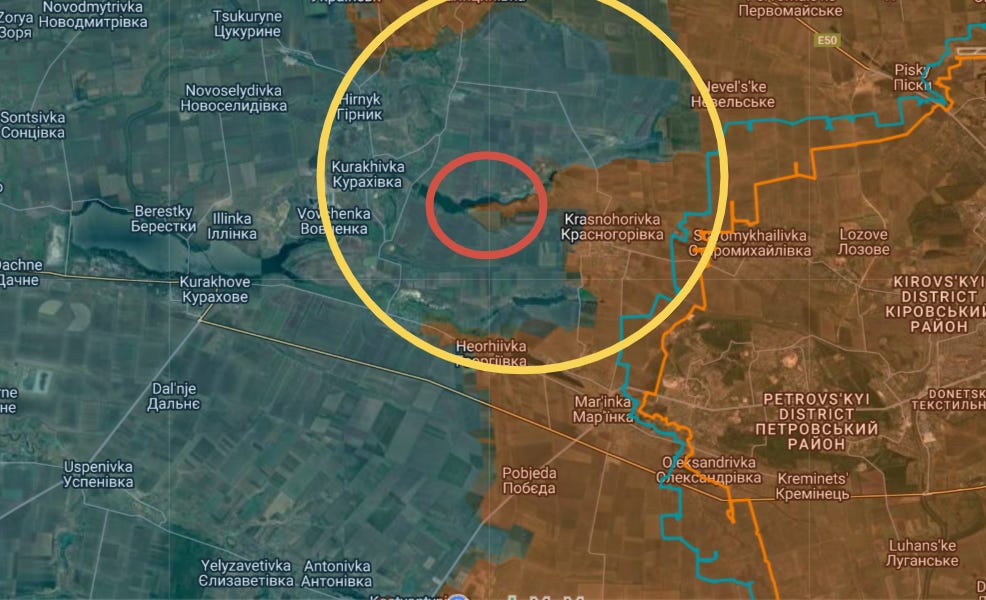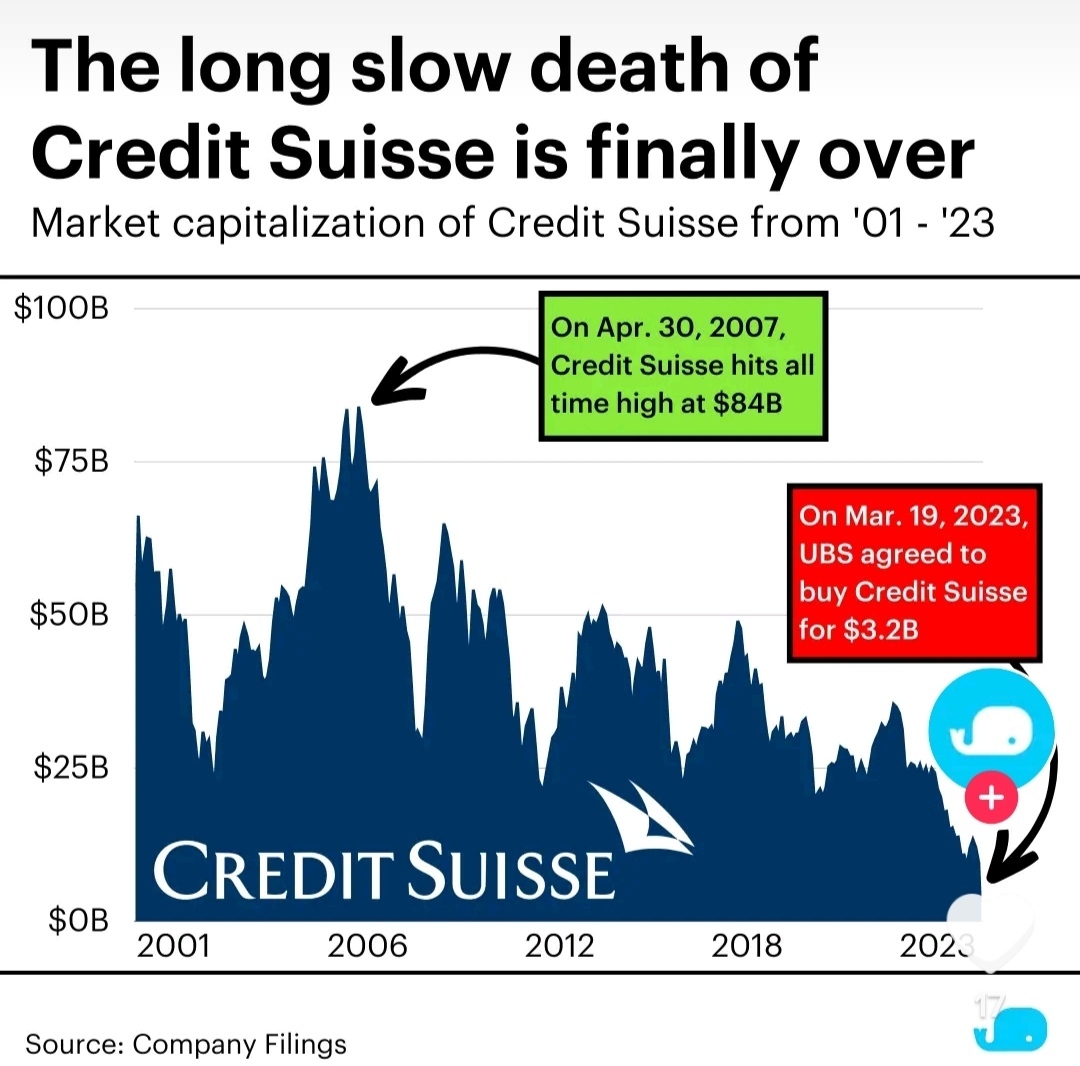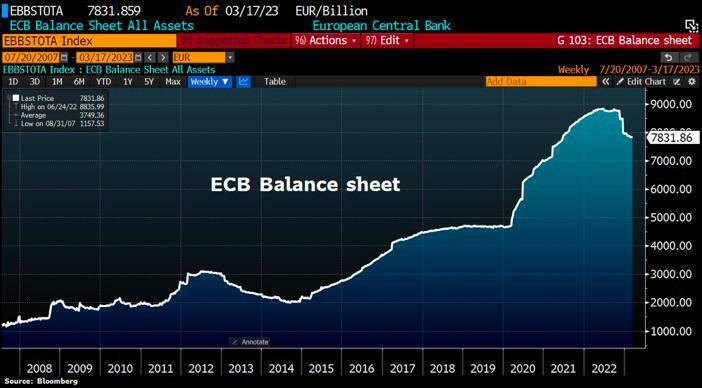Follow the Money
Minister Sigrid Kaag slaagt er niet in de Kamer te overtuigen van het nut van een digitale euro. Ondertussen wordt op Europees niveau onverstoord doorgewerkt aan een onaantrekkelijke Central Bank Digital Currency (CBDC). Kan ons parlement dat nog bijsturen, of is het een gelopen race? (...)
Alkaya zet zich al sinds zijn komst in de Kamer in 2018 voor de hervorming van het geldstelsel in en schreef het boek Van wie wordt ons geld?. Sinds 2020 informeert hij met Kamerlid Eelco Heinen (VVD) de rest van de Kamer als rapporteur Digitale Euro. (...)
De weerstand en argwaan lijken voort te komen uit onduidelijkheid over het doel van de munt. Ook voor de Kamerleden is dat allesbehalve duidelijk: ‘Waarom moet de digitale euro er eigenlijk komen?’ vraagt Kamerlid Chris Stoffer (SGP). ‘Facebook is ermee bezig en China doet dit, waardoor mij het gevoel bekruipt dat we het doen omdat anderen het ook doen. Maar welk probleem lost het nu op?’
(Tekst loopt door onder de foto.)

Demonstratie tegen de digitale Euro (CBDB), voorafgaand aan een commissiedebat erover; 23 november 2022. © Bart Maat / ANP.
Er is geen consensus welk probleem digitaal centraalbankgeld moet oplossen, maar er zijn wel duidelijke denkrichtingen over de meerwaarde van een digitale euro binnen ons geldstelsel.
In Europa wordt contant geld, de enige beschikbare vorm van publiek geld, steeds minder als betaalmiddel gebruikt. (...)
De Europese Centrale Bank en De Nederlandsche Bank stellen sinds 2019 dat de digitale euro dient om publiek geld in het digitale tijdperk als betaalmiddel te behouden. Die zal contant geld niet vervangen, maar ernaast komen te staan. (...)
Omdat banken zo’n cruciale rol binnen het betalingsverkeer spelen, kunnen we ze niet laten omvallen en hebben we allerlei publieke vangnetten geïmplementeerd, zoals het depositogarantiestelsel. Dat leidt tot moral hazard: bankiers nemen grotere risico's, aangezien ze weten dat ze toch wel door de overheid worden gered. De maatschappelijke kosten van de vangnetten en (impliciete) subsidies lopen in de miljarden.
Bovendien verwacht de WRR van digitaal contant geld een disciplinerend effect op bestaande banken, plus macro-economische voordelen: ‘Het [een veilig alternatief] zal banken dwingen zich verantwoorder te financieren, met meer eigen vermogen (kapitaal) en vreemd vermogen met een lange looptijd. De creatie van geld en schuld door commerciële banken wordt op die manier ook beter begrensd.’
Banken zitten echter niet te wachten op een toename van concurrentie. Omdat er nu geen digitaal alternatief is voor een bankrekening, zijn banken gegarandeerd van financiering met spaartegoeden. (...)
Dat verandert wanneer er een digitale euro is. Naar verwachting zullen ook niet-bancaire financieel dienstverleners en fintechs betaal- en spaarrekeningen aanbieden, waarbij ze het spaargeld veilig in digitale euro’s aanhouden. (...)
De Nederlandse Vereniging van Banken (NVB) probeert de redenering van de WRR daarom om te draaien. ‘In het belang van financiële stabiliteit en weerbaarheid van het bankwezen dient de functie van een publieke digitale euro in ieder geval beperkt te worden tot betaalmiddel, en het gebruik als spaar- of beleggingsmiddel moet worden vermeden’. (...)
Een tweede reden die centraalbankiers en politici noemen voor de digitale euro, is dat het Europese betaalverkeer in toenemende mate in handen van buitenlandse partijen is. 65 procent van de betalingen met betaalkaarten wordt nu uitgevoerd door bedrijven buiten de EU. (...)
[Minister van financiën] Kaag beschrijft [in de kamerbrief] drie doelen die aansluiten op het maatschappelijk debat en de literatuur: de munt kan het gebruik van publiek geld versterken, de stabiliteit en weerbaarheid van onze betaalinfrastructuur verbeteren en concurrentie in de financiële sector bevorderen.
Maar Kaag legde niet uit hoe de digitale euro bijdraagt aan de tweede en derde doelstelling uit haar brief: ‘stabiliteit en concurrentie in de financiële sector bevorderen’. Een deel van de Kamerleden onderschreef die doelstellingen ook helemaal niet, omdat ze het probleem niet erkennen. (...)
[T]oen ze de Kamercommissie moest uitleggen hoe de digitale euro financiële stabiliteit en concurrentie bevordert, zakten die punten weg in een moeras van verwarring. (...)
In het debat bleef onbesproken op grond van welke criteria de prototypes worden beoordeeld. Uit documenten van de ECB blijkt dat de testen hoofdzakelijk over technische vereisten gaan. Maar hoe kan worden getest of het CBDC-ontwerp aansluit op de beoogde doelen, zolang die niet helder zijn gedefinieerd? (...)
Kaag doet enerzijds alsof er geen enkel plan ligt en alles nog open is, terwijl anderzijds de ECB al anderhalf jaar onderzoek doet en er gedetailleerd over de implementatie wordt gesproken. (...)
Valdis Dombrovskis, de vice-president van de Europese Commissie, (...) zei dat de digitale euro diepgaande en systemische consequenties heeft en ‘potentieel een revolutionair project’ is. ECB-president Christine Lagarde bevestigde die ambities en zei dat de digitale euro de potentie heeft om de ‘maatschappij als geheel te veranderen’.
Dergelijke grootse, maar vage uitspraken voeden bij sommigen de argwaan. (...)
Wie zulke uitspraken positiever opvat, vult ze anders in. De digitale euro zal de balans tussen privaat en publiek geld herstellen. Er komt een volwaardig digitaal alternatief voor banktegoeden, maar dan in publieke handen. De ‘veilige digitale haven’ waar de WRR voor pleitte, zal ‘concurrentie in de financiële sector bevorderen’, zoals Kaag het in haar brief verwoordde. Dat is precies wat de WRR als doelstelling definieerde: het zou ‘banken dwingen zich verantwoorder te financieren, met meer eigen vermogen’. (...)
Maar de grootse uitspraken verbloemen vooral dat de doelstellingen van de CBDC inconsistent zijn. Terwijl Kaag enerzijds stelt dat een veilige haven de concurrentie met banken moet aanwakkeren, meldt ze een zin later dat het niet de bedoeling is dat de ‘financieringskosten van banken [daardoor] omhoog gaan’. Eurocommissaris Dombrovskis wil een veilige haven, maar wenst tegelijkertijd de banken te beschermen: ‘De digitale euro mag er niet voor zorgen dat er minder tegoeden bij commerciële banken worden aangehouden.’ Ook ECB-bestuurder Panetta is bezorgd over de toekomst van de private banken, en zei op 7 november: ‘Er is een risico dat mensen hun tegoeden bij banken en andere financiële intermediairs weghalen.’ (...)
Als de digitale euro geen invloed mag hebben op de rol van banken, hoe kan die dan ooit zo ‘revolutionair’ worden als nu wordt voorgespiegeld? Hoe kan die munt het publieke geld versterken, wanneer het gebruik van banktegoeden er niet onder mag lijden? (...)
Arnoud Boot, hoogleraar financiële markten aan de Universiteit van Amsterdam, en Seraina Grünewald, hoogleraar financieel recht aan de Radboud Universiteit, publiceerden een dag voor het debat bij de Kamercommissie een artikel namens denktank Sustainable Finance Lab. Ze schreven dat digitale euro ‘een volwaardige munt’ zou moeten worden, een echt alternatief voor banktegoeden, die je vervolgens geleidelijk invoert. ‘Dat geeft banken de mogelijkheid zich aan te passen, door nieuwe verdienmodellen te ontwikkelen en door met hogere buffers de kwetsbaarheid te verminderen.’
De kans dat het advies van de hoogleraren wordt opgevolgd, lijkt klein. De ECB zit stevig aan het roer bij de ontwikkeling van de digitale munt en zij lijkt niet van plan te zijn een concurrent in het leven te roepen voor de bancaire sector. (...)
Hele artikel
Tags: #nederlands #nederland #banken #centrale_bank #de_nederlandse_bank #dnb #euro #dititale_euro #CBDB #europese_unie #europese_commissie #fintechs #Nederlandse_Vereniging_van_Banken #NVB #ecb #europese_centrale_bank #Valdis_Dombrovskis #Dombrovskis #lagarde #christine_lagarde #wrr #spaargeld #spaartegoeden #Sustainable_Finance_Lab








